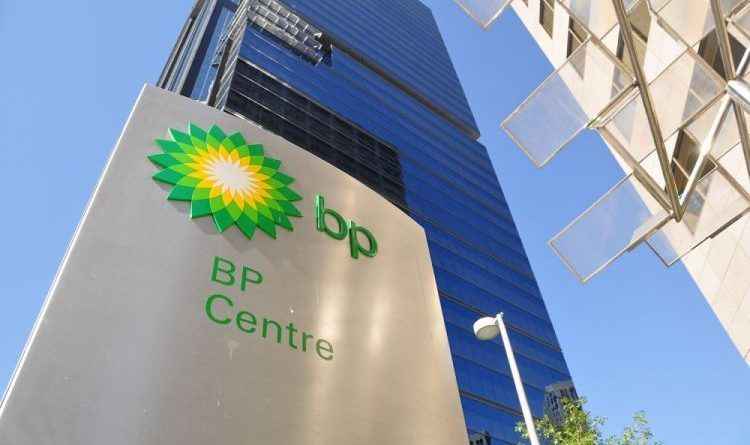WNAM REPORT: In the first half of 2024, bp and its joint venture partners, with bp as the lead operator, reported a notable reduction in social investment in Azerbaijan. Their combined investment in social projects amounted to approximately $0.5 million, marking a significant 50% decline compared to the same period in 2023. This reduction raises questions about the shifting priorities or possible financial constraints faced by bp and its partners.
The $0.5 million allocated by bp and its partners in joint projects primarily supported 16 educational programs, 3 projects aimed at local skills development and entrepreneurship, and 1 environmental initiative. This cutback in investment could reflect broader changes in the company’s strategic focus or adjustments in their partnership dynamics. The sharp reduction in funding for these initiatives may impact the scope and reach of ongoing projects and potentially hinder the development of local educational and entrepreneurial ecosystems in Azerbaijan.
In contrast, bp’s standalone social investments in Azerbaijan have surged dramatically. The company allocated over $0.9 million to its independent projects, a threefold increase compared to the same period last year. This substantial rise in investment underscores bp’s commitment to its corporate social responsibility goals, even as joint venture contributions have diminished.
bp’s independent projects encompass a diverse range of initiatives: 15 educational programs, 1 project dedicated to local skill-building and entrepreneurship, 4 environmental projects, 1 cultural and sports promotion project, and 6 conferences and seminars. This comprehensive approach, totaling 27 initiatives, demonstrates bp’s active role in promoting education, environmental sustainability, and cultural enrichment in Azerbaijan.
The contrast between the reduced joint venture investments and the increased independent funding highlights a strategic shift within bp’s operations in Azerbaijan. The decrease in joint venture contributions might reflect changes in the collaborative framework or economic pressures, while the surge in bp’s independent investments could indicate a strategic realignment to bolster its direct impact on local communities.
For Azerbaijan, the overall impact of these investments is mixed. The decline in joint venture funding could slow progress in some key areas, especially if these projects were pivotal for local development. However, bp’s increased independent investments may offset some of these effects by enhancing educational opportunities, supporting environmental initiatives, and fostering cultural and sports activities.
The first half of 2024 reveals a complex picture of bp’s social investments in Azerbaijan. While joint venture contributions have decreased significantly, bp’s independent efforts have expanded considerably. The broader implications of these changes will likely unfold over time, influencing both the immediate and long-term outcomes of bp’s social impact initiatives in the region.








